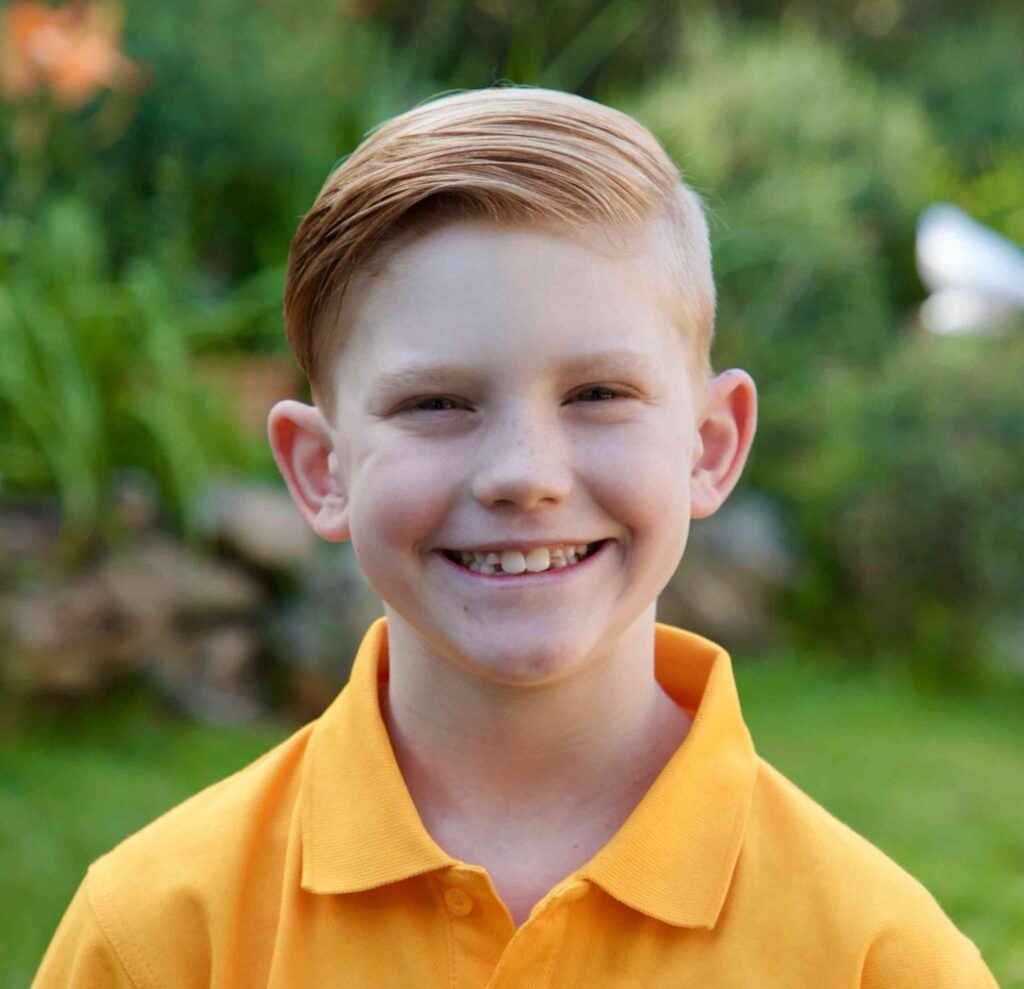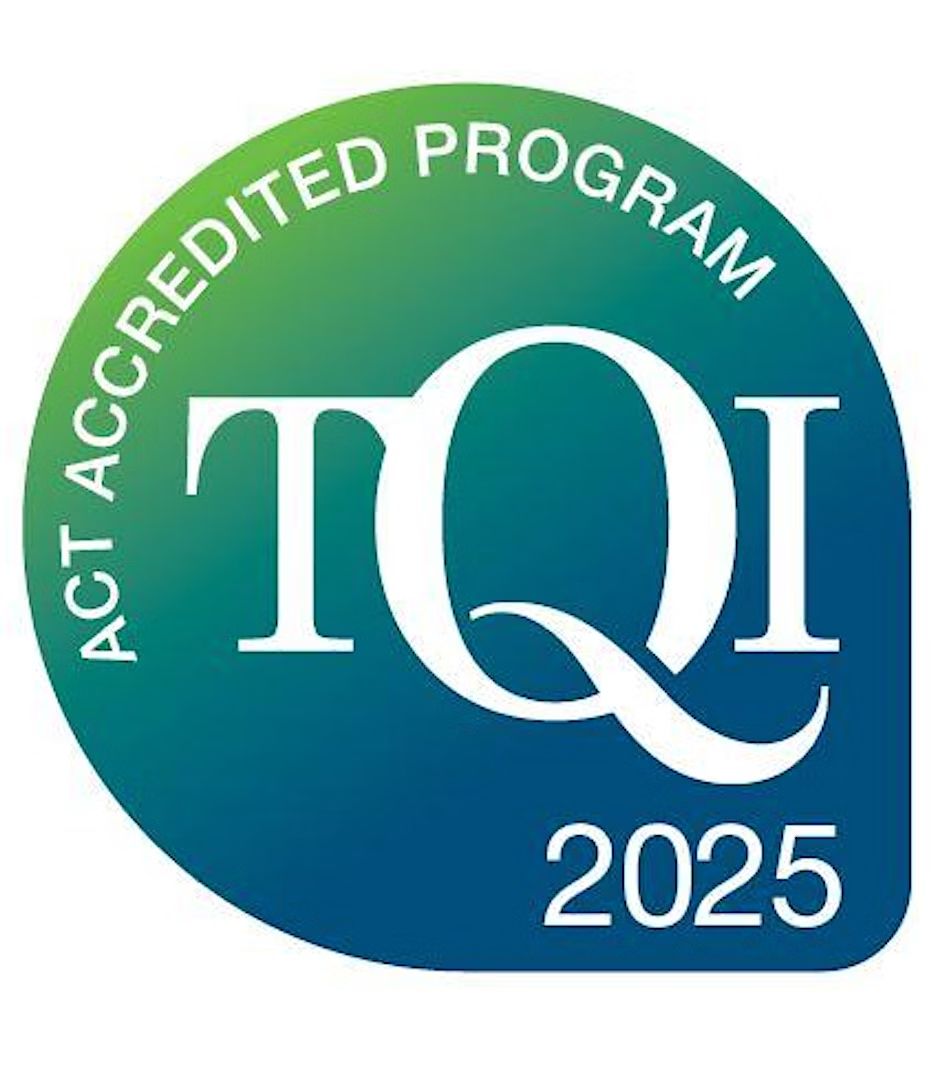This year, Year 3 student Ben (pictured) joined his school SRC, like thousands of other students across Australia.
SRCs have been part of the fabric of the Australian education system for such a long time, it can be easy to forget the opportunity they present for students to develop a range of skills, and contribute to a positive school culture.
Peer Support’s education expert Jill Pearman says an effective SRC can have a positive impact on student wellbeing and school culture.
“Schools that do SRC well, often position it as a wellbeing initiative,” Ms Pearman says. “Some school executives and leaders recognise the impact that a strong student voice has on creating a space where kids and teenagers feel safe and valued.”
Student representatives develop leadership skills
Being a student representative is exposing Ben to decision-making in a cross-grade peer group. He describes it as ‘exhilarating’.
“We try to come up with new ideas for fundraisers to help people in need or to help worthy causes,” he says.
Ms Pearman says the experience is likely boosting his confidence, enabling him to form new relationships, and giving him a sense of empowerment.
A school SRC can contribute to a positive culture
But SRCs don’t just benefit kids like Ben who are lucky enough to get a role on one.
“SRCs can help the whole school community, delivering a strong student voice and creating a culture of belonging and inclusion,” Ms Pearman says.
And that’s why, she says, Peer Support provides training for SRC coordinators.
“Teachers at Peer Support schools started asking us to develop SRC training because they recognised the synergy between the Peer Support program and their SRC program,” she said.
“Both programs empower student leaders, support student voice, and build peer connections.”
SRC members feel a sense of responsibility
Since joining the SRC, Ben has attended regular meetings, shared his ideas, and contributed to several events.
He takes his role seriously, feeling a sense of responsibility towards his peers. This plays out in the classroom and playground, where other kids voice their contributions for him to take back to meetings.
His friends, Thomas and Oliver, say they tell Ben to raise particular issues at meetings, including fixing the soccer goal posts and making assemblies shorter.
Like the other student council representatives, Ben is being given an opportunity to learn a range of skills, including communication, idea development, planning, and working in a team.
“The SRC gives also gives students a chance to communicate with teachers and peers,” Ms Pearman says. “It instils them with confidence and shows that you can influence positive change.”
A well-run school SRC creates a sense of belonging
Ben works together on projects and events with other student representatives, fostering friendships and teamwork skills.
Ms Pearman says student-led events also create a sense of fun and inclusion.
“Kids love running events, and it seems to generate a lot of excitement among their peers too,” Ms Pearman says. “There’s often a feel-good element when students raise money for causes they care about. It highlights the power that groups and individuals have to contribute to the community.”
Ben is thoughtful about including his peers in SRC activities, which helps create a culture of belonging at his school.
“We try to have fun and keep activities safe for everyone,” he says. “We try to take care of everyone because we are a team.”
SRCs can have a significant contribution to the sense of comradery across the school community, according to Ms Pearman.
“The relationships formed with students from other grades across school can have a significant effect on building a great sense of belonging and a connected culture,” she says. “This vertical grouping of students is a very important aspect of SRCs.”
Find out more about Peer Support’s training for SRC coordinators.




